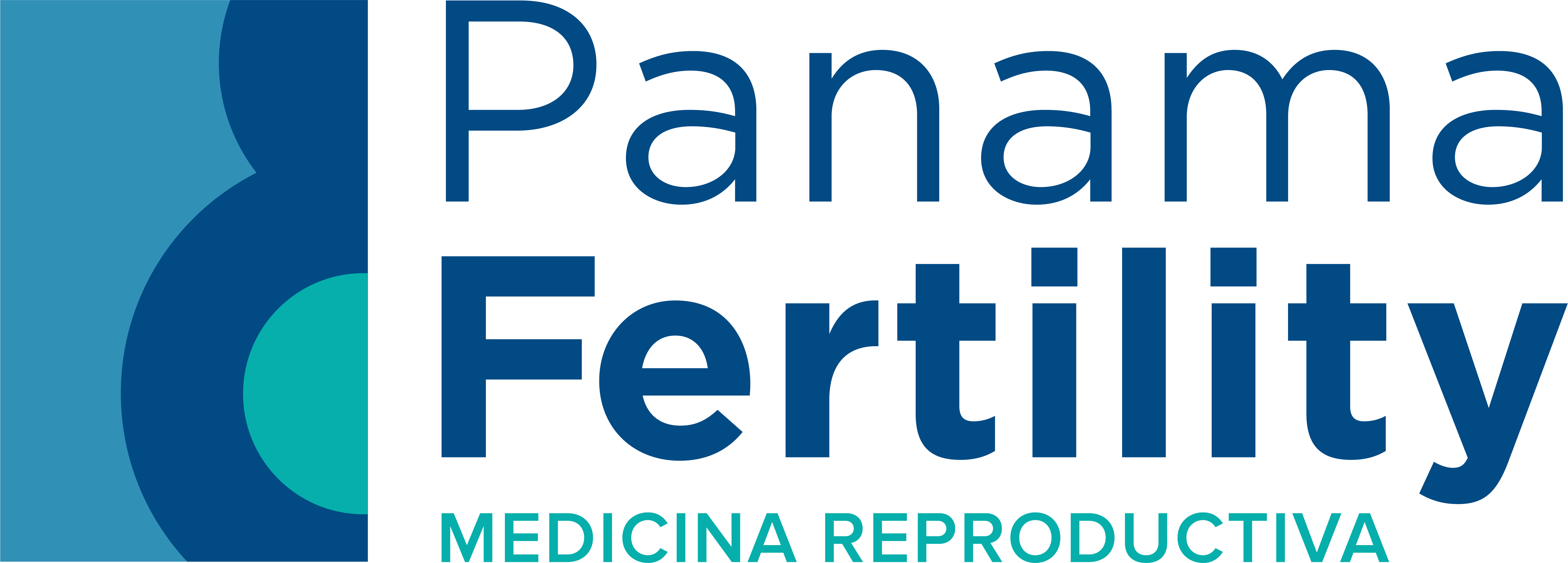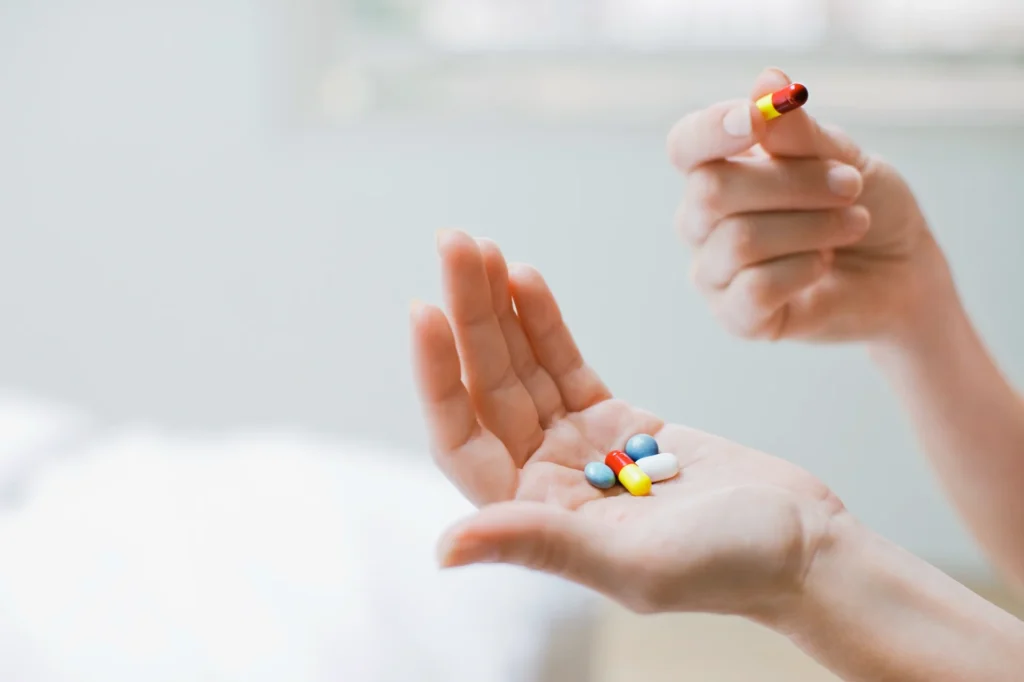Medications & Supplements
In order for your fertility treatment to be successful, your Fertility Specialist may prescribe certain medication. In our guide below, we explain some of the medications that maybe prescribed and why you might be taking them. We know that some medications do not agree with certain patients, therefore it is really important that if you experience any side effects that you discuss this with your Fertility Specialist so that your medication can be changed. Please do not discontinue your medication without first consulting your Fertility Specialist.
Female partners
ADOXA/ATRIDOX/DORYX/DOXORAL/DOXYHEXAL/DOXYLIN/MICRODOX/MONODOX/ORACEA/PERIOSTAT/VIBRA TABS/VIBRAMYCIN/VIBROX
This may be prescribed to reduce the risk of infection after egg retrieval.
ANTAGON/CETROTIDE/GANIRELIX
A GnRH hormone injection given for 3-4 days to prevent premature ovulation.
ASPIRIN
Research shows that for women who suffer with chronic inflammation, a daily dose of aspirin may help the chances of conception.
BIRTH CONTROL PILLS
These are used to regulate your cycle so that we can plan your IVF treatment. They are also prescribed to PCOS patients to manage the condition.
BRAVELLE/ FOLLISTIM/ FOSTIMON/GONAL F/ MENOPUR/ MERIONAL/METRODIN/PUREFSH/PERGONAL/PUREGON/REPRONEX
These are injections to stimulate your follicles.
BROMOCRIPTINE PARLODEL/PARLODEL
This can be taken in oral form or as a suppository in the vagina to reduce prolactin levels and reduce the size of a pituitary tumor. This medication can cause an upset stomach and dizzy spells.
BUSERELIN/DECAPEPTYL
A long-acting GnRH available as a nasal spray used for patients with Endometriosis, Fibroids, PMS, and excessive hair growth. It may be prescribed for ovulation induction and IVF.
CLEXANE/LOVENOX
Used to treat blood clots and as a preventative measure to stop blood clots forming.
CLOMID
Used to stimulate the ovaries to release eggs from the ovary.
CRINONE
This form of progesterone is a vaginal gel used to induce a period, ovulation induction or to prepare the lining of the uterus for embryo implantation.
CYCLOGEST/PROGESTERONE
This form of progesterone is given as suppository. It is given twice daily before and after embryo transfer to support pregnancy until 12 weeks.
DANAZOL
This suppresses LH and FSH causing a break in regular periods, which is helpful to Endometriosis patients. Patients may experience side effects of acne, hair growth, muscle cramps and weight gain on this medication.
DOXYCYCLINE
An antibiotic that inhibits many of the microorganisms infecting the reproductive tract. Many physicians prescribe this antibiotic as it more cost effective than performing multiple cultures looking for infection.
ESTRADIOL VALERATE/PROGYNOVA
Taken on the day of embryo transfer to support pregnancy.
FISH OIL
The omega-3 fatty acids in fish oil helps to enhance fertility in females acting as an anti -inflammatory and helping mood swings.
FOLIC ACID
It is recommended women take folic acid as soon as you try to conceive. It helps both the healthy development of the fetal neural tube and has a role in conception as it is required in the first days and weeks of life before you are even aware that you are pregnant.
GESTONE
Progesterone taken as a daily intramuscular injection, starting two days after egg retrieval and continuing until the placenta is making adequate amounts of its own Progesterone.
HEPARIN
This is a subcutaneous injection taken twice daily, every 12 hours. Taken with Menopur injections and continues until 12-weeks of pregnancy.
HUMEGON HMG
Similar to Menogon, the lutenizing and follicle stimulating hormones recovered from the urine of postmenopausal women. Used to stimulate multiple ovulation in some fertility treatments.
INOSTIL
Helps to improve egg quality, especially in PCOS patients and helps to decrease the chance of miscarriage.
INTRALIPID/IVIG
Used to treat patients with too many antibodies, which may attack the embryo as a foreign body.
IRON
Taking iron supplements will help increase ovulatory function and fertility.
LEUPRORELIN/LUPRON/NAFARELIN/PROSTAP/SYNAREL/TRIPTORELIN
This allows improved control of ovarian stimulation during the administration of exogenous FSH. Exogenous FSH is given to stimulate ovarian follicle, followed by human chorionic gonadotropins hCG to trigger ovulation. Some are injected just under the skin others are applied as a nasal spray. They allow the body to produce a higher number of improved quality eggs during the treatment cycle.
MEDROL/METHYLPREDISOLONE/PREDNISOLONE
This is a cortisteroid based hormone. It is normally given during the IVF cycle to assist pre-embryo implantation.
MENOGON HMG
A medication used to replace the pituitary hormones LH and FSH. May be used to induce ovulation in women who don’t respond to clomiphene citrate. Most frequently used with women who do not normally produce estrogen because of a pituitary gland or hypothalamic problem.
METRODIN PURE FSH
An injectable form of Follicle Stimulating Hormone used to stimulate ovulation.
N-ACETYLE CYSTEINE
Lowers insulin levels and is particularly effective for women suffering with PCOS.
NOVAREL/OVITRELLE/PREGNYL/PROFASI
An hCG that triggers ovulation for egg retrieval and can also be used to stimulate the production of progesterone.
PERUVIAN BARK EXTRACT
Studies have shown that the MACA plant has beneficial effects on female fertility. It helps to increase progesterone levels in women, which in turn helps to support pregnancy.
SELENIUM
An antioxidant that helps protect the body from free radicals, selenium can help minimize the risk of birth defects as well as increase sperm counts in men with a low sperm count. Some good sources of selenium include red meat, tuna, chicken, and enriched pasta and whole grain breads.
VIAGRA
Can be prescribed to thicken the womb lining for implantation.
VITAMIN B6
Along with folic acid, vitamins B6 and B12 help make up part of the B-complex family. All of these vitamins are essential to good reproductive health. B6 in particular has been shown to increase fertility in women.
VITAMIN C
Vitamin C has been found to help women conceive.
VITAMIN D
Vitamin D has a direct impact on female reproductive health. It helps the ovaries to regulate estrogen so that the follicles mature and grow.
ZINC
Zinc helps the body use estrogen and progesterone more efficiently. It is very important that you take the correct dosage of Zinc, as high levels can be counter-productive in your efforts to conceive.
Male partners
ADOXA/ATRIDOX/DORYX/DOXORAL/DOXYHEXAL/DOXYLIN/MICRODOX/MONODOX/ORACEA/PERIOSTAT/VIBRA TABS/VIBRAMYCIN/VIBROX
This is given in tablet form to reduce bacteria in semen. The bacteria can be harmful to the quality of sperm.
DOXYCYCLINE
An antibiotic that inhibits many of the microorganisms infecting the reproductive tract. Many physicians prescribe this antibiotic as it more cost effective than performing multiple cultures looking for infection.
FISH OIL
An antibiotic that inhibits many of the microorganisms infecting the reproductive tract. Many physicians prescribe this antibiotic as it more cost effective than performing multiple cultures looking for infection.
FOLIC ACID
It is recommended that folic acid be taken in conjunction with Zinc to improve sperm health.
IRON
Taking iron supplements will help increase fertility.
L-ARGININE
This is an amino acid can be found in many foods and the head of the sperm contains an exceptional amount of this nutrient, which is essential for sperm production. Supplementing with L-arginine can help to increase both the sperm count and quality.
L-TAURINE
L-Taurine supplement can help increase sperm motility and can be used to help with anxiety associated with infertility.
LYCOPENE
An antioxidant found in tomatoes, apricots, pink grapefruit, papaya and watermelon, that can boost sperm concentrations in infertile men.
MENOGON HMG
Used to stimulate sperm production.
PERUVIAN BARK EXTRACT
Studies have shown that the MACA plant has beneficial effects on male fertility.
PINE BARK EXTRACT
Free radicals damage sperm quality and antioxidants such as Pine Bark Extract help the body to fight back and improve sperm quality.
SELENIUM
An antioxidant that helps protect the body from free radicals, selenium can help minimize the risk of birth defects as well as increase sperm counts in men with a low sperm count. Some good sources of selenium include red meat, tuna, chicken, and enriched pasta and whole grain breads.
SIBERIAN GINSING EXTRACT
Siberian Ginsing Extract is used to improve male reproductive health, restore vigor and helps with the stress associated with infertility.
VITAMIN B12
Along with folic acid, vitamins B6 and B12 help make up part of the B-complex family. All of these vitamins are essential to good reproductive health. Vitamin B12 helps men with low sperm counts.
VITAMIN B6
Along with folic acid, vitamins B6 and B12 help make up part of the B-complex family. All of these vitamins are essential to good reproductive health. B6 in particular has been shown to increase fertility in women.
VITAMIN C
For the male partner a lack of Vitamin C has shown poor quality of sperm and studies have shown that after taking this supplement there is an overall improvement in the sperm count. motility and viability.
Vitamin C has also been found to help women conceive.
VITAMIN D
Vitamin D has a direct impact on both male reproductive health. It helps to make more testosterone and therefore improve sperm quality.
VITAMIN E
Men take vitamin E when their partners are undergoing in vitro fertilization treatment. Increasing the intake of this antioxidant has been found to increase a couple’s chances of IVF being successful. Wheat germ oil is an excellent source of vitamin E as are almonds, broccoli, spinach, sunflower seeds and oil.
ZINC
It is essential for the male partner to take Zinc supplements when trying to conceive as it helps to produce testosterone. Low levels of zinc can affect sperm motility and the overall sperm count.
In women, Zinc helps the body use estrogen and progesterone more efficiently.
It is very important that you take the correct dosage of Zinc, as high levels can be counterproductive in your efforts to conceive.
In women, Zinc helps the body use estrogen and progesterone more efficiently.
It is very important that you take the correct dosage of Zinc, as high levels can be counterproductive in your efforts to conceive.





